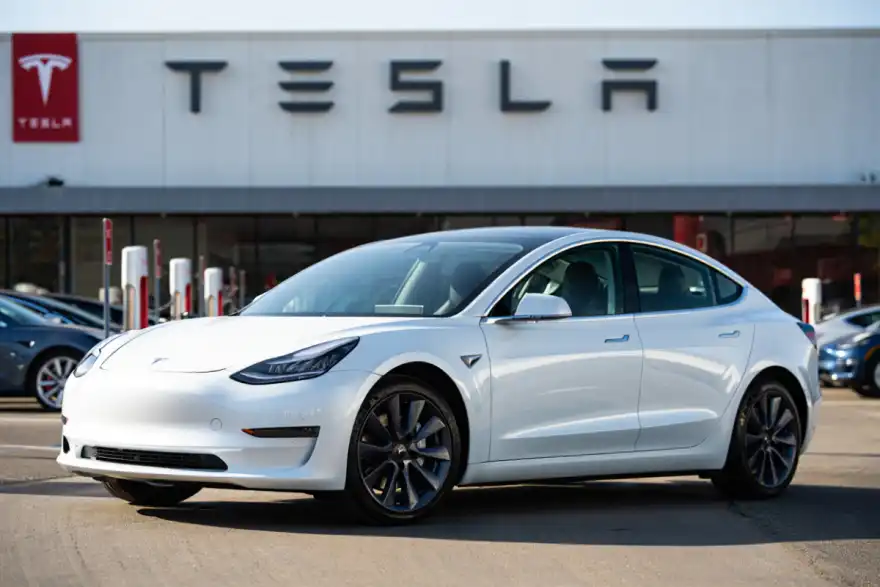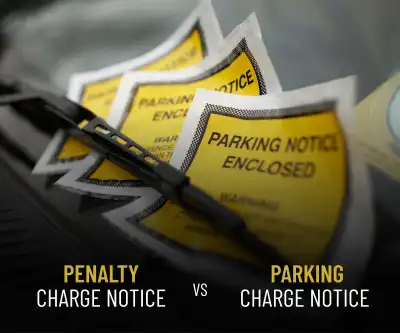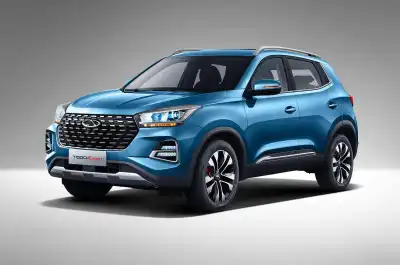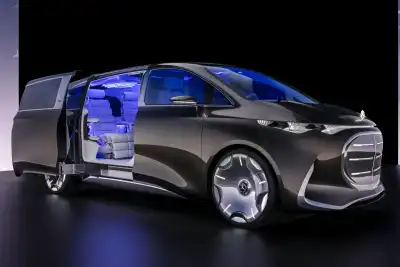
Tesla’s new car sales nosedived across Europe last month, dropping 44% compared to last year. The electric car giant sold fewer than 16,000 vehicles across 25 countries, including the UK, according to data from Jato Dynamics. That’s the lowest market share Tesla has seen in February in five years.
One big question looms: Is Elon Musk’s increasingly controversial political stance turning buyers away? Since stepping into a key role in Donald Trump’s administration, Musk has made headlines for his outspoken views, including support for Germany’s far-right AfD party. Tesla dealerships have even been targeted by protests.
But it’s not all bad news. In the UK, Tesla sales actually rose by nearly 21% in February, with the Model 3 and Model Y ranking as the second and third best-selling cars after the Mini Cooper.
Musk’s political moves aren’t the only challenge Tesla is facing. The company is in the middle of phasing out its current Model Y before rolling out an updated version. Since Tesla has a relatively small lineup, any delay in production can have a huge impact on sales.
At the same time, competitors are gaining ground fast. Volkswagen saw a massive 180% spike in electric vehicle sales, while BMW and Mini sold nearly 19,000 EVs combined. Chinese carmaker BYD also surged 94% in Europe, with global sales hitting a staggering $100 billion last year—overtaking Tesla as the world’s top EV company by revenue.
Meanwhile, Tesla’s stock has taken a hit, dropping over a third in 2025. Despite that, the company is still valued at a hefty $780 billion—more than four times BYD’s market cap.
Overall, car sales across 25 key European markets fell by 3% in February. But battery electric vehicles (BEVs) bucked the trend, with registrations up 25%. The EV race is far from over, but Tesla’s once-unshakable dominance is clearly being challenged.




